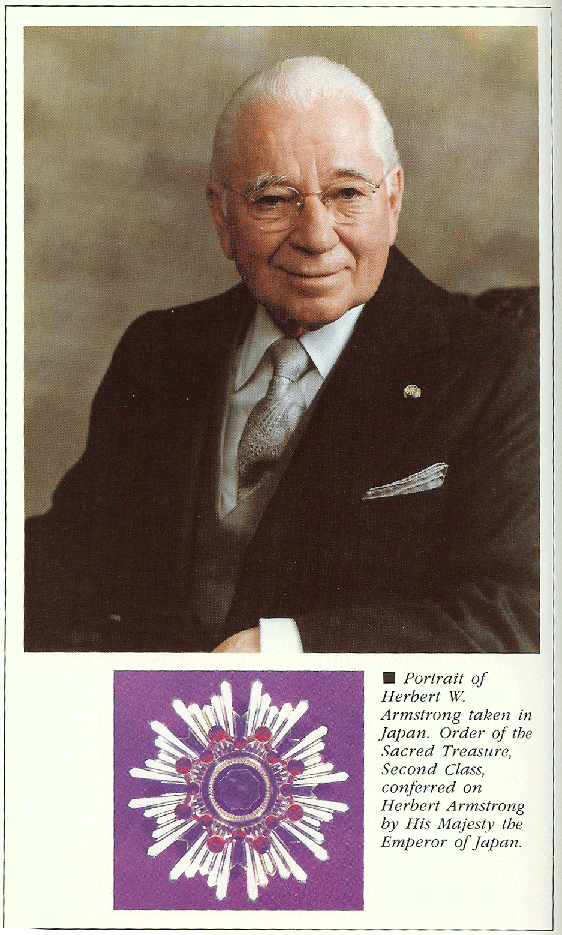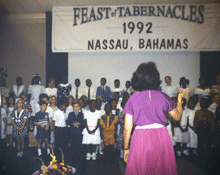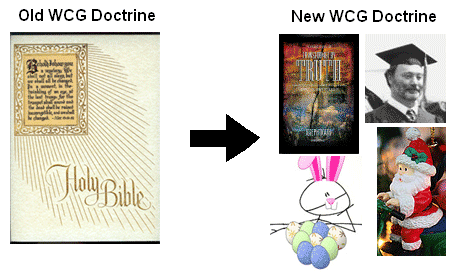Halloween in Mexico, Japan, and China?
Wednesday, October 31st, 2007Tonight has been labeled by many as Halloween. And while it is a Roman Catholic holiday, in an AP-reported story I noticed that the Catholic Church has condemned its observation in Mexico:
Mexico’s Roman Catholic church slammed Halloween as “damaging and against the faith” on Monday, as conservatives sought to stem celebration of the ghouls-and-goblins holiday and return to the country’s traditional Day of the Dead.
The U.S.-style holiday has made broad inroads in Mexico, with monster costumes almost as widely sold as the marigold flowers traditionally used to decorate relatives’ graves during Nov. 1-2 Day of the Dead ceremonies, when families build altars and leave food, drink and flowers for the dearly departed.
“Those who celebrate Halloween are worshipping a culture of death that is the product of a mix of pagan customs,” the Archdiocese of Mexico published in an article on its Web site Monday. “The worst thing is that this celebration has been identified with neo-pagans, Satanism and occult worship.”
The archdiocese urged parents not to let their children wear Halloween costumes or go trick-or-treating — instead suggesting Sunday school classes to “teach them the negative things about Halloween,” costume parties where children can dress up as Biblical characters, and candy bags complete with instructions to give friends a piece while telling them “God loves you.”…
Pre-Hispanic cultures celebrated a similar holiday in August, but after the Spanish conquest, historians say the date was changed to Nov. 1 to coincide with the Catholic holiday…
In another article, Onesimo Herrera-Flores complained that “Halloween, for a variety of reasons, has imposed itself on other nations, displacing native customs.”
Celebrating Halloween, he said, citing a church authority, is “like inviting Satan into your home.” (Mexico’s Catholic church slams Halloween; conservatives call for return to Day of Dead. Associated Press – Oct 29, 2007 http://www.iht.com/articles/ap/2007/10/29/america/LA-GEN-Mexico-Church-Halloween.php).
Bolding above is by COGwriter.
Interestingly, there are other cultures that celebrate some version of this holiday, such as in Japan and China and its date is similar to that of the pre-Hispanic Mexicans:
Japan has its own Halloween-type celebration known as “O-bon,” an old Buddhist holiday meant to honor ancestors. It takes place in mid-August or July. Graves are visited and cleaned, food offerings are made, lanterns are hung in front of houses to guide spirits, and a ritualized dance called “bon-odori” takes place to welcome them. On the last day of O-bon, to guide spirits on their journey, the Japanese partake in a ceremony called “Toro nagashi,” in which paper lanterns are floated down a river.
O-bon originates from the Chinese Buddhist celebration of “Ullambana,” which has the same notion that during this time, spirits are able to move among us.
The Ullambana Sutra, a traditionally Indian story, is the scripture that addresses this day, with the story of Mahamaudgalyayana, a disciple of Buddha, whose mother had been reborn into a lower realm. Though interpretations of the story vary, Buddha’s instructions to his student mirror modern practices of the day, which is to offer food and pray for the souls of both living and dead relatives. People also would give donations to monks.
The current celebration in Taiwan and China of the Ghost Festival pays homage to this Buddhist holiday, but includes the practices of burning money, clothes and goods, which are believed to then make it to the spirit world in full, as well as the release of paper boats and lanterns into rivers. (Meaning, sanctity of Halloween is lost in translation St. Cloud Times, MN – Oct 21, 2007 http://www.sctimes.com/apps/pbcs.dll/article?AID=/20071021/OPINION/110210041/1006/NEWS01).
I would like to add that one of my first memories after arriving in Sri Lanka was noticing that the Buddists used what we in the West would call Christmas lights, and not just for Christmas (we arrived when it was dark in the early Fall). Hence, it is likely that “light” holiday celebrations were also of Satanic origin.
Furthermore, while the pre-Hispanic Mexican holiday moved from August to tonight, the Celtic one also had/has an August component:
Halloween is date of astronomical interest. It has to do with seasons: Halloween is a cross-quarter date, approximately midway between an equinox and a solstice. There are four cross-quarter dates throughout the year, and each is a minor holiday: Groundhog Day (Feb. 2nd), May Day (May 1st), Lammas Day (Aug. 1st), and Halloween (Oct. 31st).
“Long ago, the Celts of the British Isles used cross-quarter days to mark the beginnings of seasons. Winter began with Halloween, or as they called it, Samhain,” says John Mosley of the Griffith Observatory.
“Halloween marked the transition between summer and winter, light and dark — and life and death. On that one night, according to folklore, those who had died during the previous year returned for a final visit to their former homes. People set out food and lit fires to aid them on their journey — but remained on guard for mischief the spirits might do.” (Spooky Astronomy. http://spaceweather.com/ present 10/31/07).
Satan has successfully gotten many of his holidays endorsed by many cultures and religions of the world.
Several articles of possibly related interest may include:
Is Halloween Holy Time for Christians? This article provides some historical and biblical insight on this question.
Is There “An Annual Worship Calendar” In the Bible? This paper provides a biblical and historical critique of several articles, including one by WCG which states that this should be a local decision. What do the Holy Days mean? Also you can click here for the calendar of Holy Days.
India, Its Biblical Past and Future, Part I: Any Witness? The Bible discusses the origins of those of Indian heritage and discusses some of the witness to them.
China, Its Biblical Past and Future, Part 1: Genesis and Chinese Characters This article provides information showing that the Chinese peoples must have known about various accounts in the Book of Genesis up until their dispersion after the Tower of Babel.
China, Its Biblical Past and Future, Part 2: The Sabbath and Some of God’s Witness in China When did Christianity first come to China? And is there early evidence that they observed the seventh day sabbath?
China, Its Biblical Past and Future, Part 3: China in Prophecy What is Ahead for China? What will happen to nearly all the Chinese?
Japan, Its Biblical Past and Future, Part 1: Any Witness? This is a draft of an in-process article about Japan. Have they had any witness? Japan, Its Biblical Past and Future, Part 2: Prophecy Japan in prophecy. What is prophesied for Japan. Will God save the Japanese?






